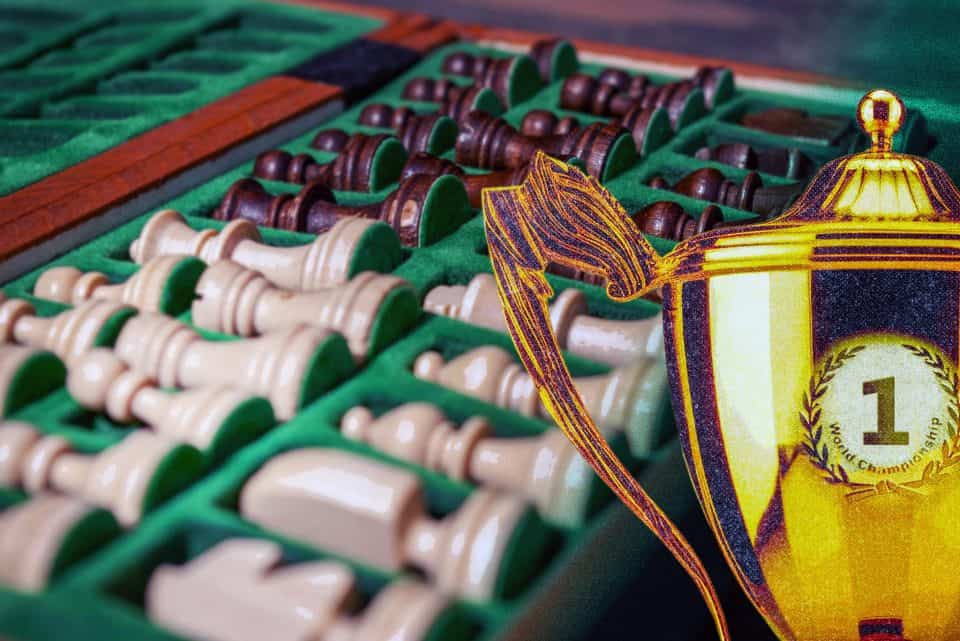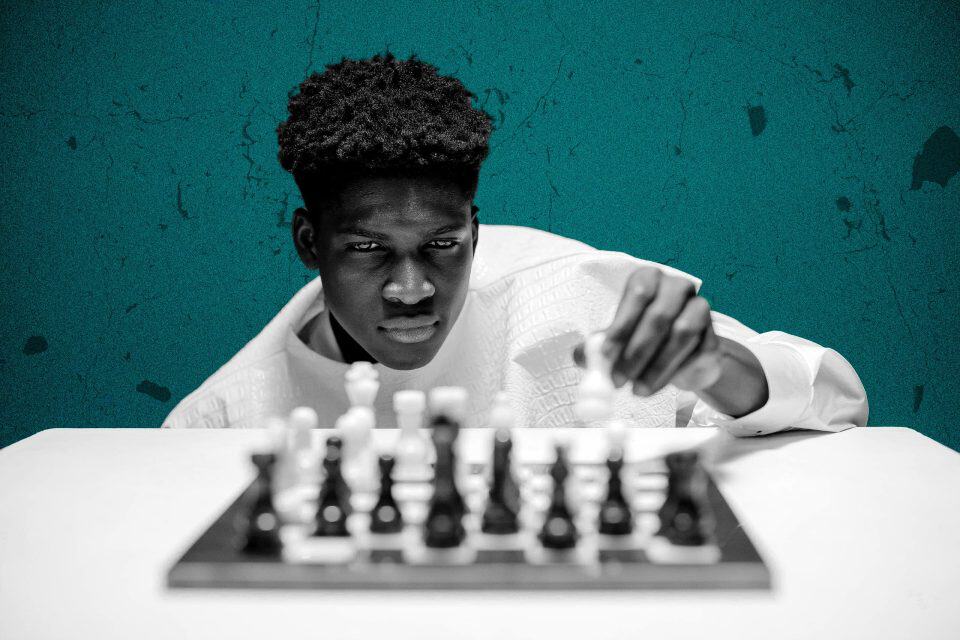Perhaps you’re trying to organize a chess tournament for kids in your school or employees in your workplace but you have no prior experience.
No worries, you’ve come to the right place. We’ll explain all you need to plan and host a successful tournament.
Before making any major moves, you need to understand the type of tournament you’re planning to organize.
Is it a casual tournament in your community?
Or is it going to be a formal event?
This information is important so you know how to prepare, and also help potential participants have an idea of what to expect ahead of the tournament.
Let’s take a look at how to plan a casual and formal chess tournament.
How To Plan a Casual Tournament?
A chess tournament is termed ‘casual’ if it’s not too serious or competitive, and is meant for players who want to have fun and enjoy the game.
This type of tournaments can have different formats, time controls, and prizes, depending on the organizer’s preference and the players’ level.
For a casual tournament, you should consider asking yourself a few questions before going all out:
- How many people can you reasonably expect?
- How long do you want it to take?
- Where will the venue be?
- When is the date going to be?
- Will it be a whole day tournament or just a morning/afternoon/evening event?
- Are you thinking of blitz, rapid, or standard? If it’s standard, you can only fit a game or two into an evening, but a whole blitz tournament easily works within that same time.
These questions will help you plan and decide the tournament format, venue and ideal number of people that will attend the tournament.
There are several tournament formats but the most common ones are:
Knock Out:
Also known as an Olympic system tournament, this single-elimination tournament is a type of tournament where the loser of a match is immediately eliminated from the tournament.
Opponents are usually allocated at random or based on qualification, just like in the football world cup and the knockout stage of the UEFA champions league.
This was the format used in the recent 2023 chess world cup where world #1 GM Magnus Carlsen emerged victorious.
Round Robin:
In this system every player plays against all the other players at least once in the competition. The overall best player is the player the finishes with the best performance.
They must have accumulated more points than any other person throughout the tournament. The most well-known round-robin tournament is the Candidates Tournament.
Swiss System:
Unlike round-robin, players do not play every single participant at the tournament. It operates in a non-eliminating format with a fixed number of rounds.
Players are paired with opponents with the same (or really close) score and they do not face each other more than once.
To select a venue for a casual tournament, you need to know what size you want, and after this is sorted, you decide the minimum and the maximum number of participants.
You can contact a local chess club for this. They might enjoy helping you out.
You could also decide to host your tournament online if meeting physically provides too much hassle.
Different chess hosting servers allow people to play chess on the internet. The most popular servers are Chess dot com, Lichess, Chess24 and FIDE Online Arena.
How To Plan a Formal Tournament?
For setting up a formal tournament, there’ll be a need to put an organizing committee together .
It’s important to assign an individual whose sole responsibility is to oversee all the members of the committee involved in organizing the tournament.
This individual may be called the chairman of the organizing committee. Their role is to select the members of the committee, consult with the committee and appoint a tournament director.
On the other hand, the role of members of the organizing committee will be to:
- To draw up a preliminary financial estimate of the funds needed to run the tournament
- Draw up and adopt the rules and regulations for the tournament
- Secure the tournament venue necessary equipment
- Drive publicity for the tournament
- Identify the registration centres and announce the deadline for registration
- Settle all organizational problems which may arise during the preparation and in the actual course of the competition
- Draw up a final report at the end of the tournament for submission to the chairman of the organizing committee
The organizing committee assumes responsibility for all the technical and financial matters.
The role of the tournament director is to advise the organizing committee on technical matters. This includes but is not limited to tournament system, registration, prizes, tournament site and tournament schedule.
The tournament chairman may consult the national or provincial chess federation to appoint someone for this role.
Software To Help Organize a Chess Tournament
Regardless of whether you’re organizing a casual or formal chess tournament, you may require online software that can help you pair players fairly and track results.
Popular chess managing software include Swips, ChessManager & Caissa Chess Software.
ChessManager is free. Swips.eu charges a nominal fee and cassiachess.net offers a free trial.






join the conversation